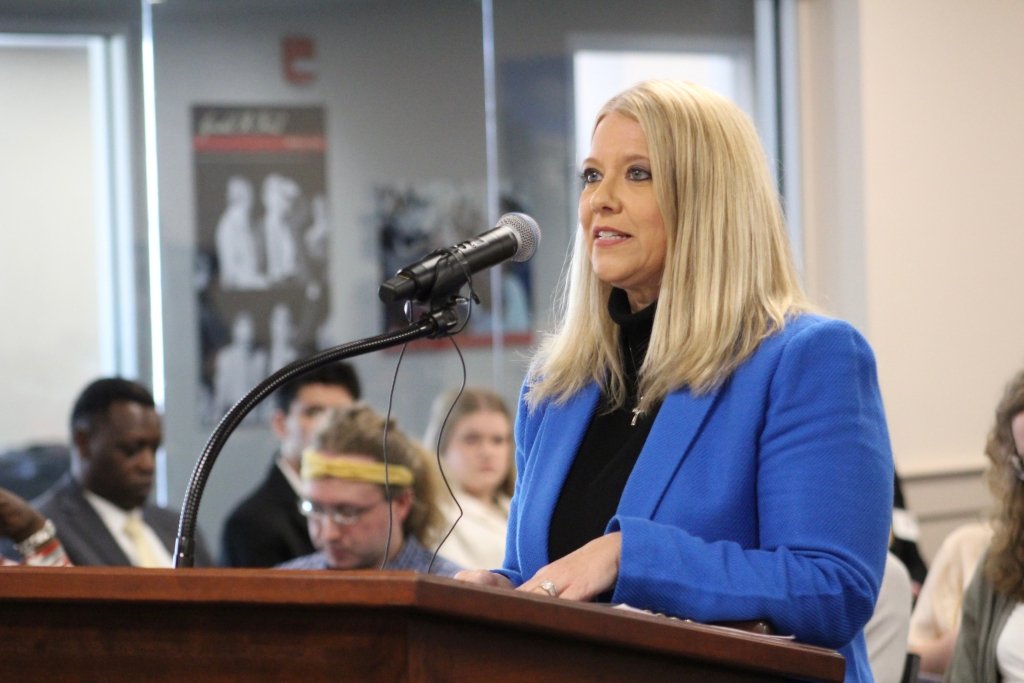Alabama’s Rural Hospital Crisis
A rural hospital in Alabama has vanished, highlighting a serious crisis that threatens not only the health of local residents but also the very fabric of rural communities.
Since 2011, at least seven rural hospitals have shut down in Alabama. If things continue on this trajectory, more than half of the remaining 52 rural hospitals could close, with 19 identified as being at “immediate risk” of closure within the next three years. This situation transcends mere statistics; it directly affects the lives and futures of rural Alabamians.
Access to basic health services is already declining in rural parts of Alabama. We’ve seen pediatricians and dentists vanish, and maternity care is now a distant memory in over a third of counties. The closures of hospitals only exacerbate this issue. It’s alarming to think that by 2025, many rural communities may not have emergency care readily available within a half-hour. This gap extends beyond just emergency services; it influences various aspects of daily life.
Hospitals serve more than just medical needs; they are economic linchpins. Employment in hospitals impacts around 78,000 individuals, contributing a remarkable $25 billion annually to the state’s economy. In many cases, hospitals are the largest private employers in their regions, typically second only to local school districts.
So, the closure of rural hospitals signifies more than just a drop in healthcare services. It means job losses, closed clinics, decreased property values, and a smaller tax base. This collectively undermines the entire community.
Picture a rural town where hospitals have shut down. Patients are forced to travel over an hour for emergency services, which inevitably degrades their quality of life. Small businesses grapple with recruiting and retaining employees, and the prospect of attracting new industries to foster economic growth becomes increasingly bleak.
This situation calls for immediate intervention. It’s imperative that leaders in Alabama take steps to halt the tide of hospital closures.
One significant measure would be the introduction of investment tax credits for local hospitals. This initiative aims to promote private donations to rural hospitals. Based on a successful program in Georgia, this tax credit could yield millions for Alabama’s healthcare infrastructure, enhancing patient care, facility upgrades, and critical services. Since its inception in 2017, Georgia’s program has generated over $430 million in donations.
Policymakers need to devise innovative solutions that address the specific challenges of delivering care in rural settings. Every resident of Alabama deserves access to life-saving medical services, regardless of their location.
This issue poses not only a life-or-death situation but also a critical economic concern for rural communities, which are vital to the identity of Alabama.







